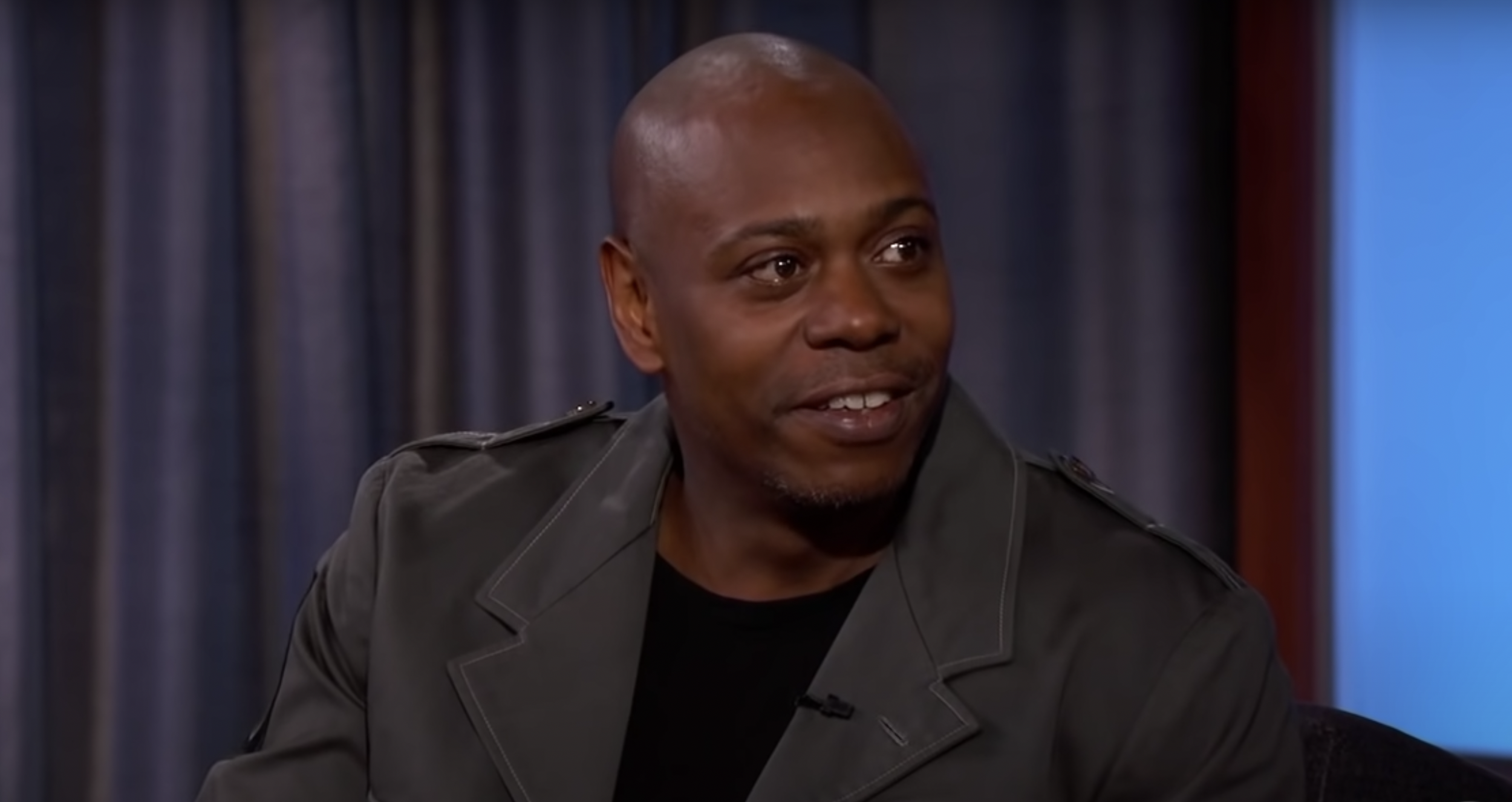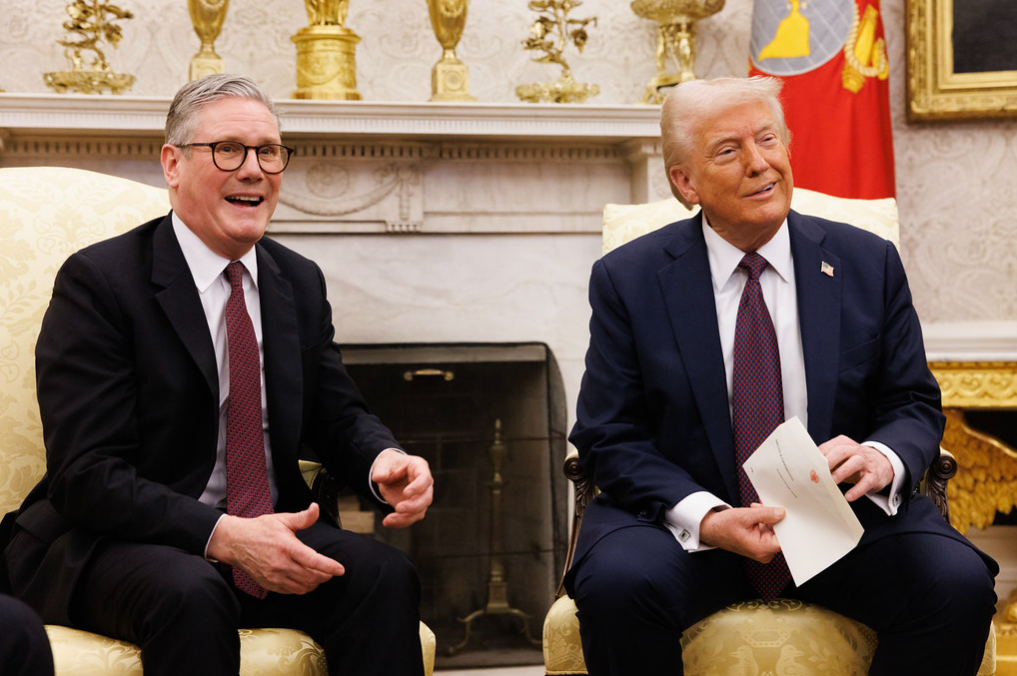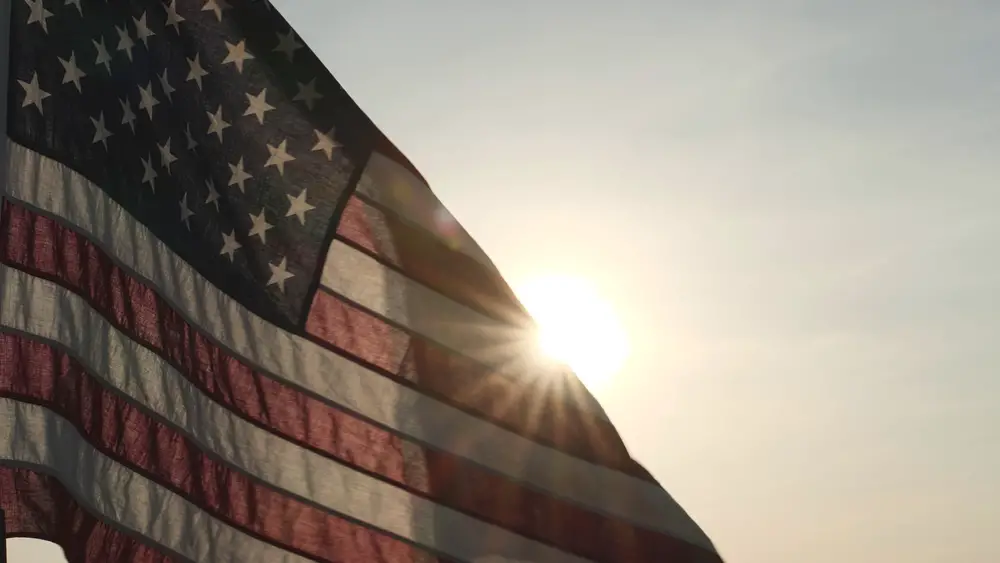Dave Chappelle, a comedian renowned for his provocative and boundary-pushing humor, has once again stirred controversy with his latest Netflix special, “The Dreamer.” Known for his unapologetic approach to comedy, Chappelle has previously faced criticism for his remarks about the transgender community. Despite vowing to steer clear of such topics due to the backlash, his newest special suggests he hasn’t entirely kept that promise.
The special opens with Chappelle reminiscing about his career and an amusing anecdote involving Jim Carrey while filming “Man on the Moon.” He humorously describes his experience interacting with Carrey, who was deeply immersed in method acting as Andy Kaufman, saying, “I wanted to meet Jim Carrey [who was method acting], but I had to pretend this n***a was Andy Kaufman. All afternoon,” Chappelle recalled. “I could look at him and I could see that he was Jim Carrey.” The narrative takes a sharp turn when he parallels his feelings about this encounter with his perception of transgender individuals, stating, “Anyway, I say all that to say: That’s how trans people make me feel.”
In the show, Chappelle addresses the audience directly, acknowledging their expectations about his controversial jokes. “If you guys came here to this show tonight thinking that I’m going to make fun of those people again, you’ve come to the wrong show,” he asserts, only to later contradict himself by admitting he might still make a few remarks throughout the night. He expresses fatigue over the topic, yet he can’t seem to completely let go, hinting at a “whole new angle coming.”
In a surprising twist, Chappelle mentions his intention to shift his comedic focus to the handicapped community, controversially noting their lack of organization compared to the LGBTQIA+ community and his penchant for “punching down.” This statement, like many of his others, walks the fine line between humor and offense, a line that Chappelle has become known for treading.
The comedian also reveals his attempt to reconcile with the transgender community through art, mentioning a play he wrote. He describes it as a “sad” and “moving” piece about a black transgender woman, aiming to address the controversies surrounding pronouns and the profound loneliness that can accompany being misunderstood or marginalized.
Despite these efforts, Chappelle’s special has not been immune to criticism. Allies and members of the LGBTQIA+ community, along with a broader audience, have taken to social media to express their disappointment and anger, labeling the comedian’s jokes as “humiliating” and his special as “another s****y stand-up.” Critics argue that while dark humor has its place, it should not perpetuate harmful myths or violence against vulnerable groups. They call for a more imaginative and less harmful approach to comedy that doesn’t rely on marginalizing others for laughs.
This isn’t the first time Chappelle has been at the center of controversy. His 2021 special “The Closer” sparked protests and Netflix employee walkouts, and he faced accusations of normalizing anti-Semitism during his November 2022 Saturday Night Live appearance. Despite the backlash, Chappelle continues to be a significant and divisive figure in the world of comedy, challenging audiences and sparking debate about the boundaries of humor, freedom of speech, and the impact of comedy on society’s most sensitive issues.




